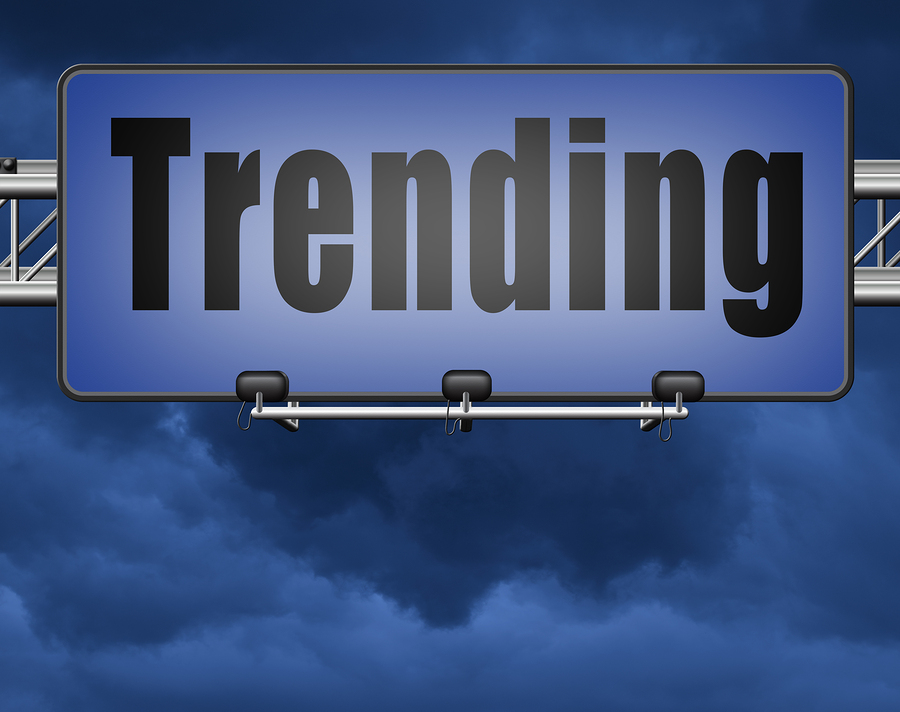What a year. Like in years past, I have closely watched childfree trends in 2020. To start off my latest end-of-year childfree trending piece, how can we not start with the pandemic.
The Pandemic and the Childfree Choice
The impact of the pandemic has spurred talk that relates to the childfree choice in a couple of ways. The first has to do with whether the pandemic will result in less judgment of the childfree choice. We’ve seen a good deal of post, forum and article discussion this past year on this reason not to choose to bring a child into the world. One of my top picks that captures the themes of discussion is Samhita Mukhopadhyay’s piece in The Atlantic.
My take — the jury is out on the answer to this question. In our pronatalist world, it may very well be more that the pandemic reinforces reasons to delay having children, or wait to have another. We will get more of a sense of whether the pandemic might have had a positive impact on how society views the childfree choice once we’re not in the midst of it.
The second has to do with an issue that has been with us in the workplace for a long time. Even more than in ‘normal’ times, during this pandemic, we’ve seen a good deal of discussion out there regarding how those without children end up picking up more slack for employees who are parents. While many people weigh in that, as labor and employment lawyer Domenique Camacho Moran, states, “Employers need to be consistent — the best plan is to know what your business can tolerate, so you’re not treating any group better than the other,” the situation during the pandemic continues to put a special type of strain on people juggling their parenting and professional lives under one roof that those without children don’t have. That is not to say those without children don’t have stresses of their own. The pronatalist default, however, all too often still reinforces priorities of parents in this difficult time.
Continued Increase in Childfree Talk Globally
I have loved seeing even more talk about the childfree choice in different countries this year, especially in India, Asia, and Africa. Here are just a few highlights:
Woe Is Me! How Do I Live in India Peacefully While Choosing Not to Have Children?
I Won’t Have Children: The Trials of Choosing a Childfree Life
We’re Married And Chose To Have No Kids — Here’s Why
When a woman doesn’t want to have children
Meet Nigerian couples who wish to have no kids
Motherhood? No, thanks! Women’s right to choose
I’ve also seen even more of an increase in global tweeting with the childfree hashtag than ever before this year! My latest follow: @ChildfreeMalawi.
The Childfree Choice and the Climate Crisis
Speaking of global, like last year, more people continue to chew on how the climate crisis is influencing the childfree choice. Two years ago I put this topic in the “worthy of mention” area in my trending piece. In 2019, it made the trending category. And it does this year as well.
One piece in The New York Times, “How Climate Anxiety Is Shaping Family Planning,” takes on the idea that “forgoing children as a means of fighting global warming is entering the mainstream.”
I have pondered whether I think this is the case. In 2020, a good number of articles have addressed angles to answer this question. Here are just three:
No Children By Choice, Where Feminism Meets Ecology
Parenthood or the planet? Choosing the fight against global warming over having children
Why a generation is choosing to be child-free
More and more people have talked about this topic each year, and increasing numbers in younger generations are considering the childfree choice in relation to it, but entering the ‘mainstream’ would connote it’s starting to be seen as a widely accepted choice. My take — a little more time will tell.
Childfree, Child free & Child-Free
In years past in my childfree trending pieces, I have bemoaned the various ways the word ‘childfree’ is used. In 2020, in the twitter world, I have seen more of a trend of parents using #childfree to mean they are ‘free of their kids’ at the moment, and in more general narrative usage of ‘child free’ and ‘child-free’ to mean the same.
However, childfree and child-free continue to be used to reflect people who don’t want children as well. At least in my online reading travels, I tend to see these two terms used most this last year, and less of ‘childless’ and ‘childfree by choice.’ For parents and not, the odds are these patterns have their roots in algorithms that have higher search strength for given audiences. We also still often see many of the possible terms used in one piece for what I surmise is the same reason.
Downticks & Upticks
This year I have observed a bit of a downtick in what I will call more ‘general’ childfree articles, e.g., how to respond to why you don’t have kids, 10 Best Things about the Childfree Lifestyle, and the like. I’ve seen a bit of an uptick in more in-depth and specific examinations. Of note is The Guardian’s childfree series, which included inviting childfree women to write in and share their stories and experiences.
We’ve seen continued features on the childfree choice in major publications, but of note are more stories of the problems childfree women experience when they want to become sterilized as a permanent form of birth control. This past year I have seen more discussion threads, posts and articles lamenting a variety of ways medical paternalism manifests and prevents women from exercising this reproductive right. The pronatalist notion that doctors know better than women themselves do about their motherhood decision still has way too much of a hold on controlling this facet of women’s reproductive lives.
While social and cultural challenges surely remain, when I look in the 2020 childfree rear view mirror, my biggest takeaway brims with gratitude. Thanks to the ever growing global childfree community of voices, in 2020 even more of the world has been talking about the childfree choice, which continues to foster its path to societal acceptance. Having been on this mission for over a couple of decades now, this makes me happy.
Here’s to more global expansion in 2021!





